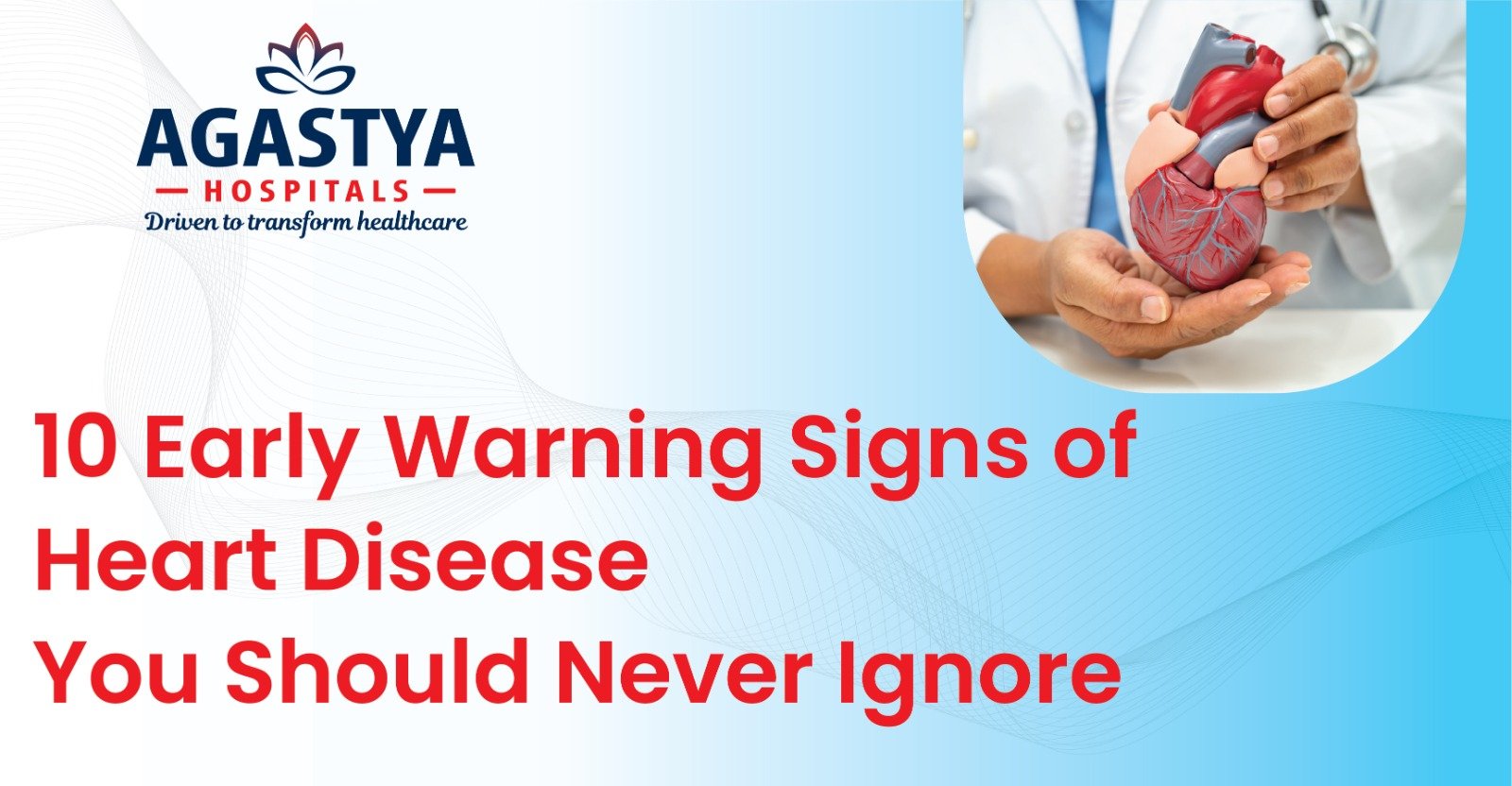

Heart disease remains the leading cause of death globally, affecting millions each year. Often, the symptoms are silent or misunderstood until it’s too late. Recognizing the early warning signs of heart disease can help you take timely action and potentially save your life. Whether you're at risk or just being cautious, understanding these signs is crucial.
One of the most well-known signs is chest discomfort. It may feel like tightness, pressure, or a squeezing sensation. This symptom often occurs when the heart isn’t getting enough oxygen-rich blood, commonly seen in coronary artery disease.
If you find it hard to breathe after minor physical activity or even while resting, this could signal heart issues. The heart and lungs work together closely, so shortness of breath can indicate your heart isn’t pumping effectively.
Feeling unusually tired without any reason? Persistent fatigue, especially in women, could be a sign of heart disease. It’s often overlooked but is a warning that your heart is struggling to meet your body’s demands.
If you notice your heart skipping a beat, fluttering, or beating too fast or slow, you may have an irregular heartbeat. This could point to cardiomyopathy or other cardiac arrhythmias, which need prompt attention.
Fluid buildup in the lower extremities is a classic sign of heart failure. When the heart can’t pump blood efficiently, blood backs up in the veins, causing visible swelling, especially in the legs.
Not all heart problems manifest in the chest. Pain radiating to the left arm, neck, jaw, or upper back could be a heart attack symptom. This is especially true if it happens suddenly or with exertion.
Feeling dizzy, faint, or nauseous might be more than just a stomach bug. It could indicate a drop in blood pressure due to heart complications, such as a blocked artery or a failing heart muscle.
Breaking out in a cold sweat without exertion could be your body warning you of a serious heart event. This type of sweating without cause is commonly reported during heart attacks.
A long-lasting cough or wheezing sound may suggest fluid in the lungs from heart failure. This symptom is frequently ignored or misattributed to respiratory illness but could be a key indicator of heart trouble.
Often called the “silent killer,” hypertension can damage arteries and increase your risk for heart attacks or strokes. Monitoring your blood pressure regularly and managing it is vital for heart health.
Each of these signs may seem minor on its own, but together they paint a picture of potential cardiovascular disease. Early detection and treatment can dramatically reduce complications. If you experience any of these symptoms, it’s important not to delay seeking medical care.
Don’t ignore the signs your body gives you. Keep track of symptoms, get regular check-ups, and consult a cardiology specialist if anything feels off. Lifestyle changes, medication, and early interventions can make a major difference.
Heart disease is preventable and manageable when caught early. Understanding these signs can empower you to take control of your heart health and seek timely help.
If you're noticing these symptoms, don't wait—get evaluated. Visit Agastya Hospitals for expert cardiac care and comprehensive heart check-ups.
Visit Agastya Hospitals for trusted cardiac consultations and timely treatment.By clicking on Send, you accept to receive communication from Yashoda Hospitals on email, SMS, and Whatsapp.